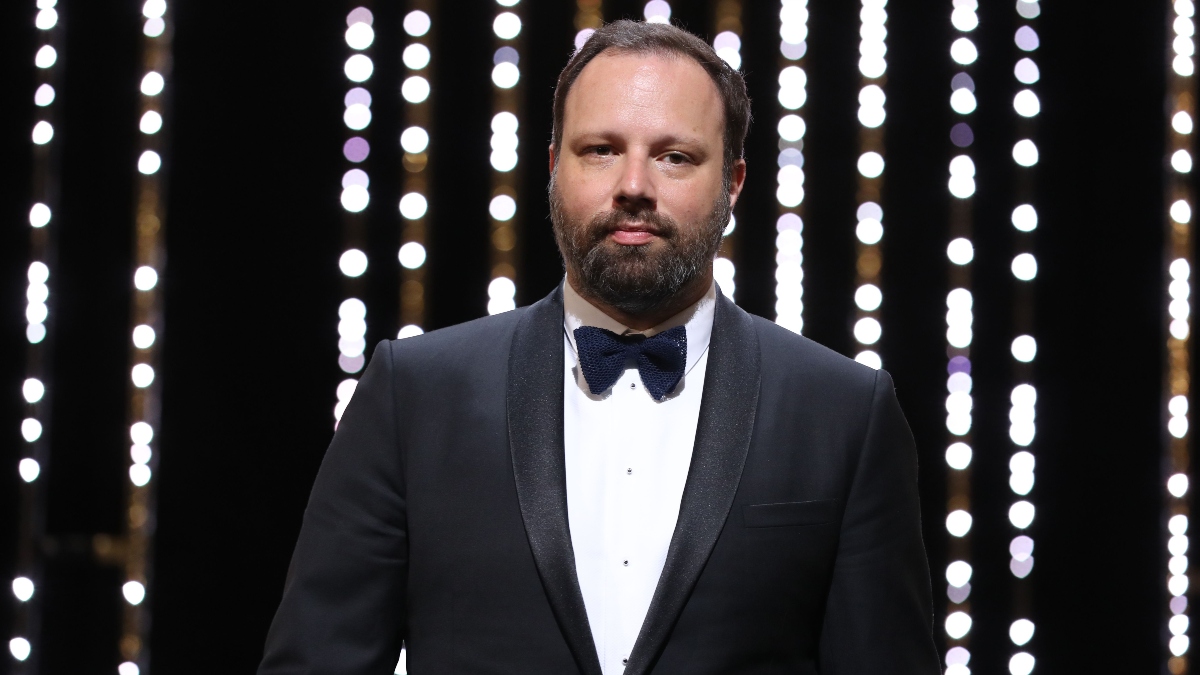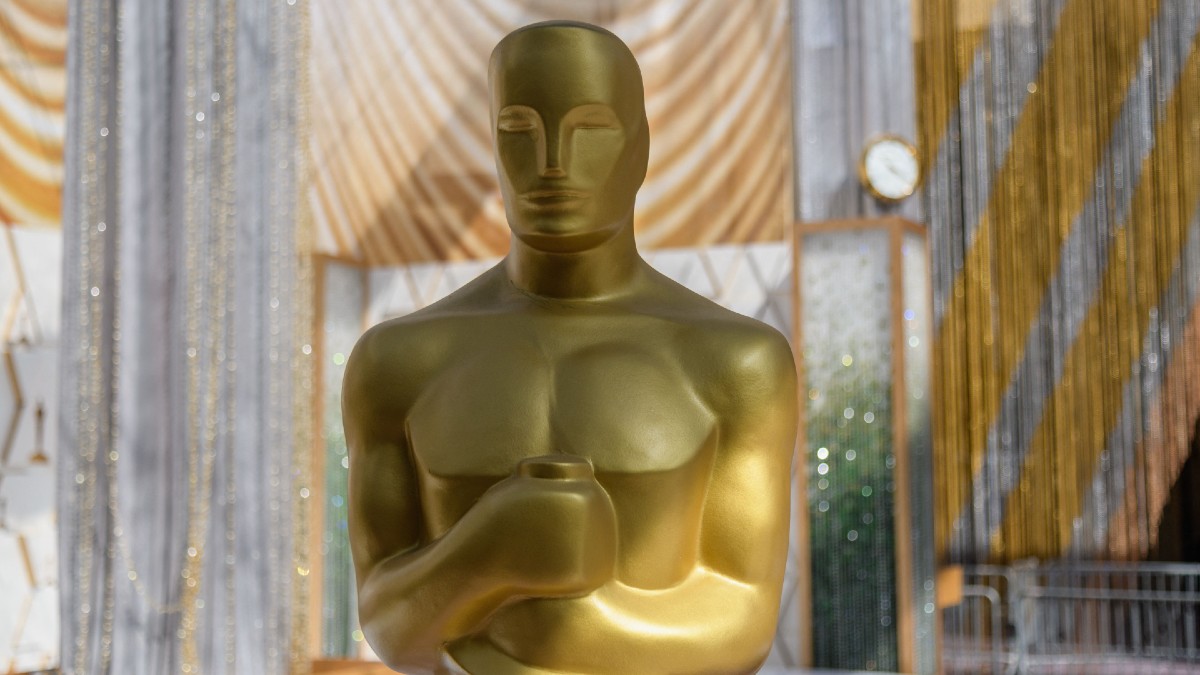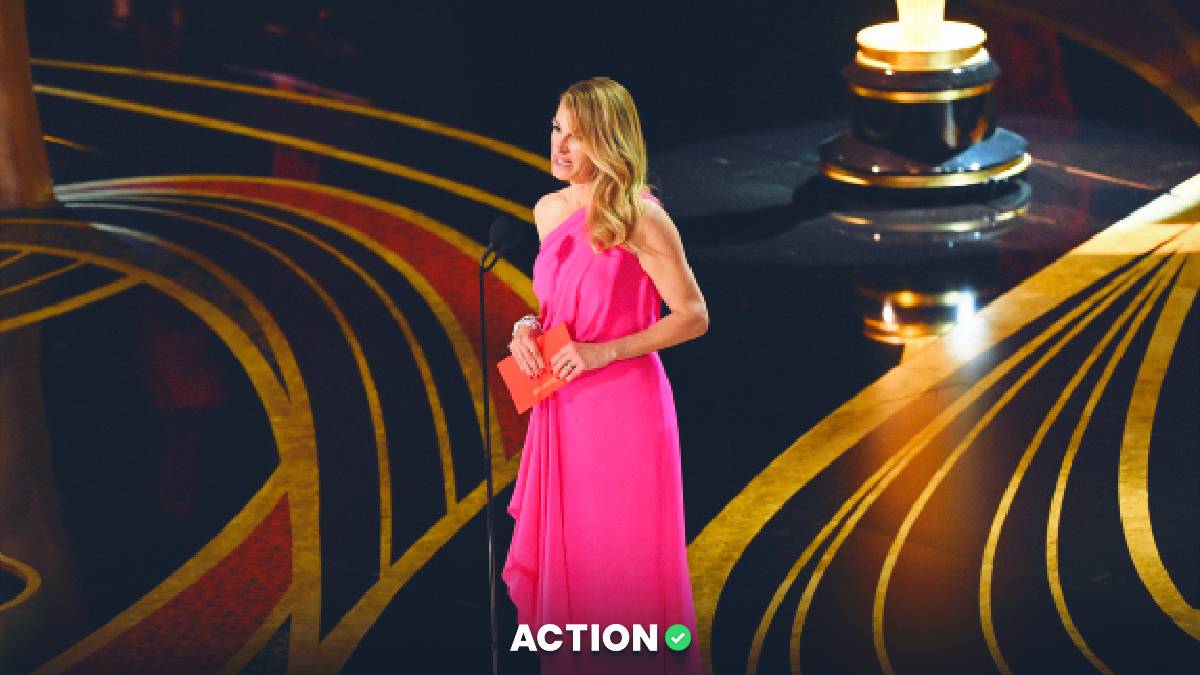- Oscars rumors continually leak out as the Academy Awards near -- and the betting odds can shift drastically.
- But don't get sucked in to betting on the leaks as if they're true.
- Sean Zerillo details why the rumor mill cannot be believed with the Oscars.
As sports betting legalization continues to expand, there are plenty of regulatory concerns to be addressed – but in New Jersey, which became the first state to permit legalized Academy Awards betting in 2019, the public is susceptible to something much more intangible; rumor.
You might remember Yorgos Lanthimos, the 45-1 longshot director of “The Favourite,” who was bet down to 5-1 at FanDuel last year before his odds were taken off the board.
The line movement was driven through social media, and as some have speculated, perhaps originated from a sportsbook, whether legal or offshore, to drive action.
PointsBet, for example, both tweeted that they had taken sharp action on Yorgos, before later cautioning on the dangers of following steam:
Lose money due to the false Best Director leak? Our latest blog post explains how the Lanthimos odds plummeted from +4000 to +250, and outlines the dangers of blindly following steam: https://t.co/HvCZP1zjS6pic.twitter.com/7xGvmorWdI
— PointsBet Sportsbook (@PointsBetUSA) February 26, 2019
Such irony isn’t lost on me.
“Roma” director Alfonso Cuaron, who opened as a steep favorite, won “Best Director” as initially expected.
False gossip isn’t unique to Oscars betting. We saw it move odds this past week with regards to the Gatorade color in the Super Bowl.
Andy Reid’s choice of fruit punch Gatorade at a press conference proved to be a quite-literal red herring, before rumors circulated that the teams would use purple to honor Kobe Bryant – dropping those odds from +1200 to +120. The fifth choice, Orange, proved to be a surprise winner.
In more established single-game betting markets like the NBA or the NFL, there’s too much big money ready to attack any over or under-adjustment to a line based upon all available information. But in softer markets like the Academy Awards or Gatorade color props, it only takes a fake leak to create an influx of low-limit public action to crater odds.
With many new and some veteran bettors sitting with extra money in their accounts in the post-Superbowl glow, the Oscars seems a likely target for some action – because many people have as strong of opinions on movies as they do on their favorite athletes, leagues, and teams.
But you should note that save for the infamous “La La Land” vs. “Moonlight” Best Picture fiasco in 2017, PricewaterhouseCoopers (“PwC”) has run this awards process without issue for more than 80 years and inputted additional safeguards after that 2017 mistake to ensure that the awards winners are both announced correctly and not leaked ahead of time.
From Ballots to Envelopes to the Stage
How does PwC keep the voting results secretive?
Paper ballots are counted, in limited portions by teams of people, at various undisclosed locations.
Previously two, but now three PwC partners then tally up the voting totals from the various locations, and both commit the winners to memory and utilize a printing service to make winners cards and envelopes for all potential nominees.
The PwC partners then put the correct winners’ cards into the envelopes, seal them, and lock them in a biometric safe behind several layers of security. Cards for other nominees are destroyed.
On Oscars night, the partners each take a briefcase with the envelopes to the ceremony but travel by separate routes with police protection. At the awards, they stand with their police escort, guard the case like a nuclear football, and one hands the appropriate envelope to the relevant presenter when the time comes.
[Bet the Oscars now at DraftKings. NJ and IN only.]
The chain of custody is never broken.
After 2017, PwC ramped up their process further. Their U.S. chairman, Tim Ryan, now personally oversees the process, and after banning both 2017 partners, he also added a third partner to stand in the control room – and required that all three attend rehearsals.
Ryan also banned phone use by any partners at the show, which was a separate issue with one partner involved in the "Moonlight" incident.
Four people, at most, have the results committed to memory, and at a minimum, they are all earning mid-to-high six-figure salaries or more.
There is no incentive for them to utilize this information and risk their jobs to make a few thousand dollars off of low-limit Oscars props.
Rumors Can Be Both the Chicken and the Egg
Sometimes betting markets create stories and not the other way around.
New Jersey didn’t take bets on Game of Thrones, but some legal books did in the U.K., and for the sake of spoilers, let’s say that the big bettors correctly moved the odds towards the eventual ruler of Westeros – leading to news outlets picking up the story well-in-advanced of the series finale.
That’s similar to what happened to Jeopardy GOAT betting – where irregular betting patterns on one contestant seemed to drive rumors about the inevitable winner, which proved to be the correct result.
But the process for the Oscars is significantly more orchestrated and regulated than spoilers for a television show.
Careers', lives and potentially legal ramifications are at risk for the PwC partners in the know.
So, the upshot here is, if you hear an Oscars tip that somebody, “knows the winner because their uncle works for the academy” or “heard a leak because their sister works for PwC,” etc. – it’s both fabrication and unactionable.





















































